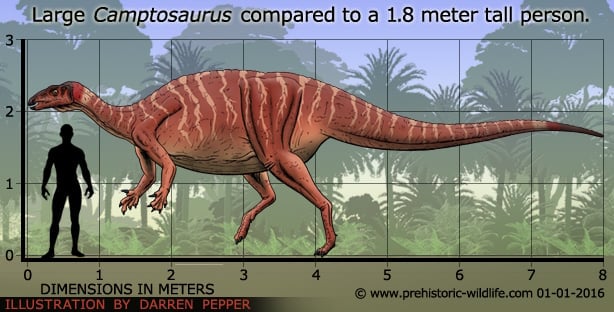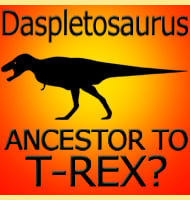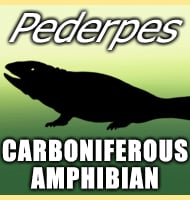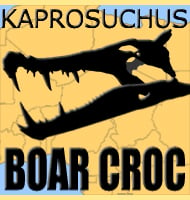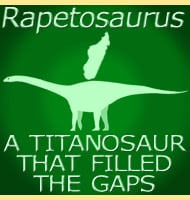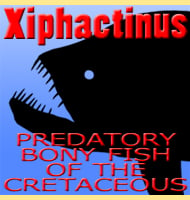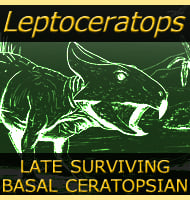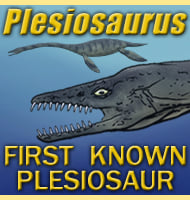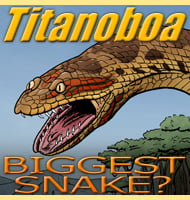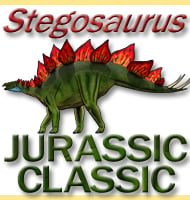In Depth
Once again the term ‘wastebasket taxon’ looms like a spectre over another dinosaur. Many of the fossils that were once attributed to Camptosaurus have since been found to represent other dinosaurs, and this is especially true for the European species that were once assigned to Camptosaurus. Despite this reduction in species and geographic distribution, Camptosaurus is still reconstructed with confidence.
Some of the above confusion came about because of similarities to other dinosaurs like Iguanodon, among which had a thumb spike, similar to that found on Camptosaurus. As a basal form Camptosaurus had powerfully built legs and may have spent much of its time and standard locomotion in a bipedal stance. Study of the fore limbs however do show weight bearing adaptations, suggesting that Camptosaurus was at least sometimes a low browser and supported itself in a quadrupedal fashion. The fingers however are not packed together and do have some dextrous movement to them.
Camptosaurus had a large amount of teeth in its mouth and these often show signs of heavy wear. This suggests that Camptosaurus had to do a lot of chewing in order to process its food properly, and may have focused on plants too tough for other species to tackle.
Further Reading
– Notice of new Jurassic reptiles – American Journal of Science and Arts 18: 501–505. – O. C. Marsh – 1879. – Names of extinct reptiles – American Journal of Science 29: 169. – O. C. Marsh – 1885. – The typical Ornithopoda of the American Jurassic – American Journal of Science. 3 48: 85–90. – O. C. Marsh – 1894. – Osteology of the Jurassic reptile Camptosaurus, with a revision of the species of the genus, and descriptions of two new species – Proceedings of the United States National Museum 36: 197–332. – C. W. Gilmore – 1909. – The ornithischian dinosaur Camptosaurus prestwichii from the Upper Jurassic of England – Palaeontology 23: 411–443. – P. M. Galton & H. P. Powell – 1980. – A new species of Camptosaurus (Ornithopoda: Dinosauria) from the Morrison Formation (Upper Jurassic) of Dinosaur National Moument, Utah, and a biomechanical analysis of its forelimb – Annals of the Carnegie Museum 76: 227–263. – K. Carpenter & Y. Wilson – 2008. – New Basal Iguanodonts from the Cedar Mountain Formation of Utah and the Evolution of Thumb-Spiked Dinosaurs – PLoS ONE 5 (11): e14075. – A. T. McDonald, J. I. Kirkland, D. D. DeBlieux, S. K. Madsen, J. Cavin, A. R. C. Milner & L. Panzarin – 2010. – The taxonomy of species assigned to Camptosaurus (Dinosauria: Ornithopoda) – Zootaxa 2783: 52–68. – Andrew T. McDonald – 2011.
